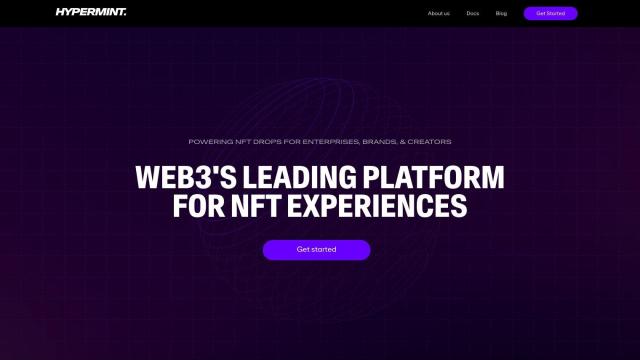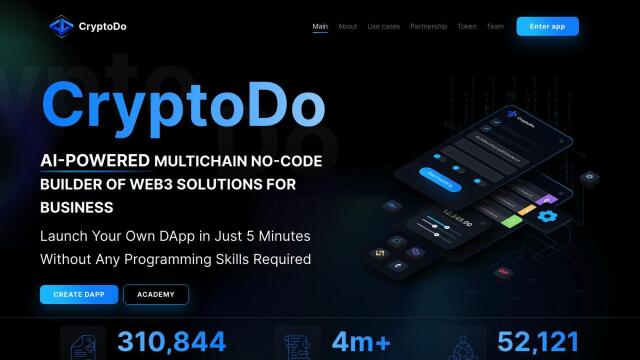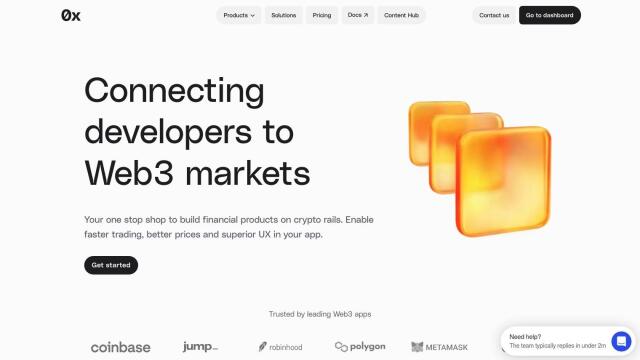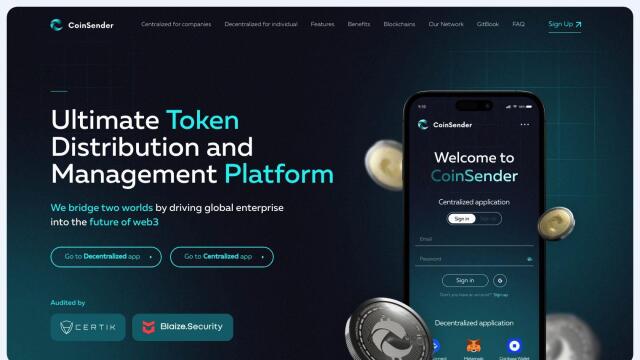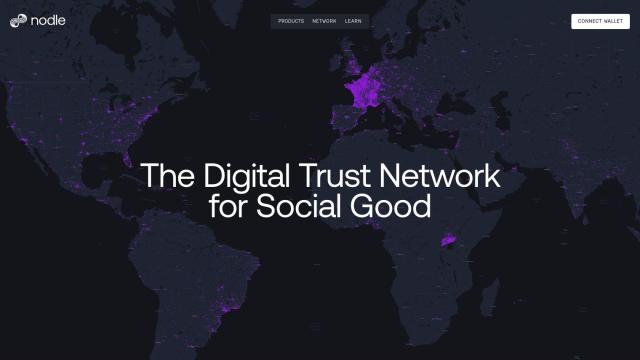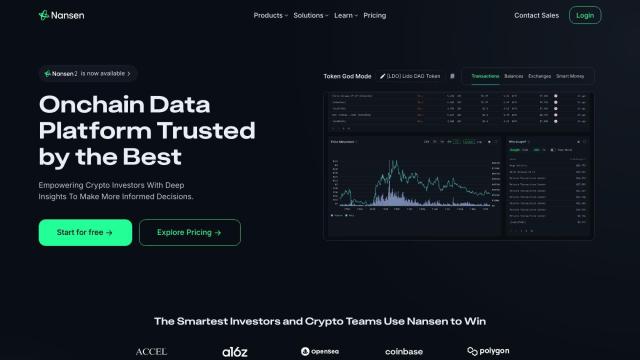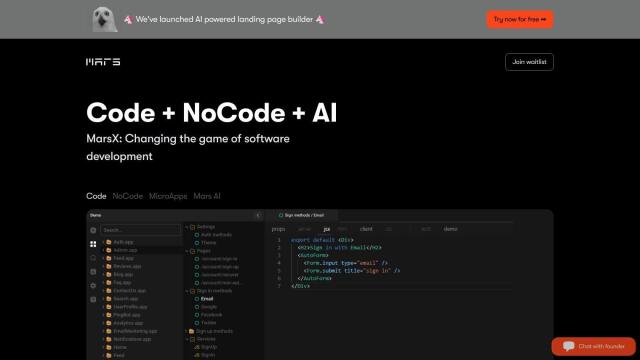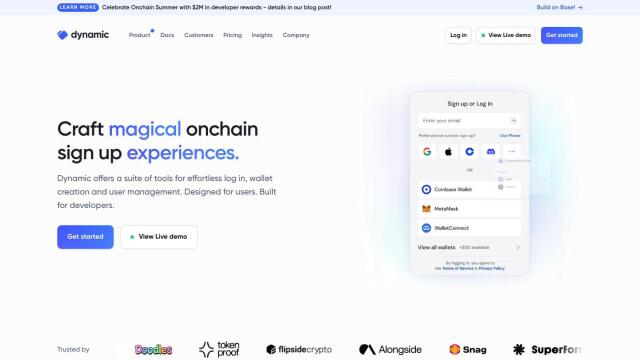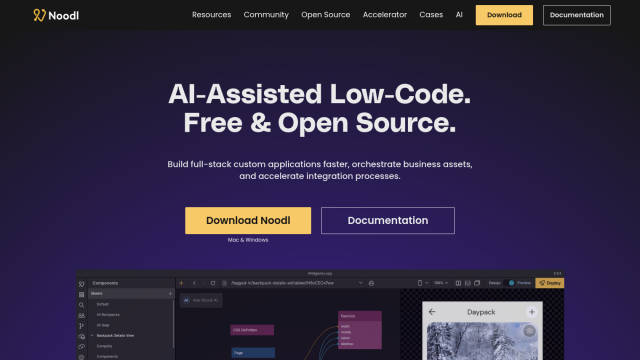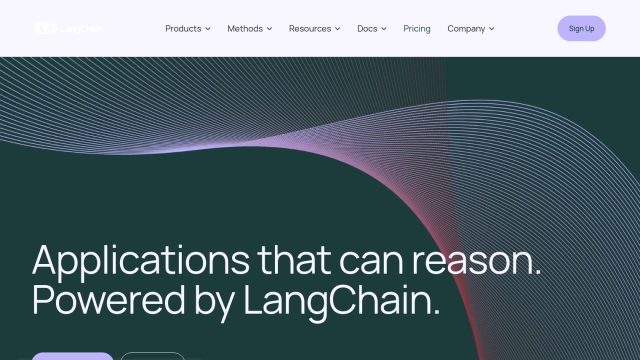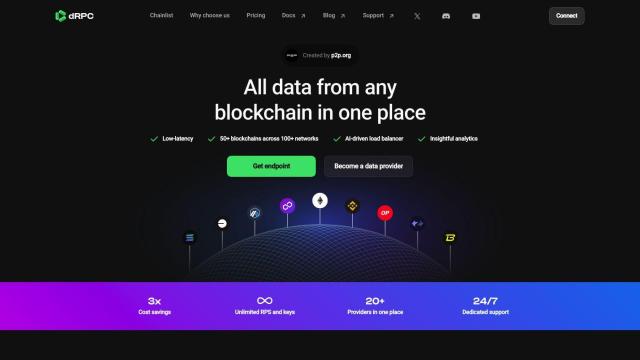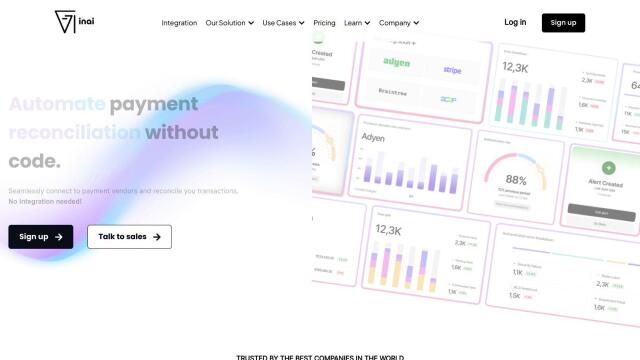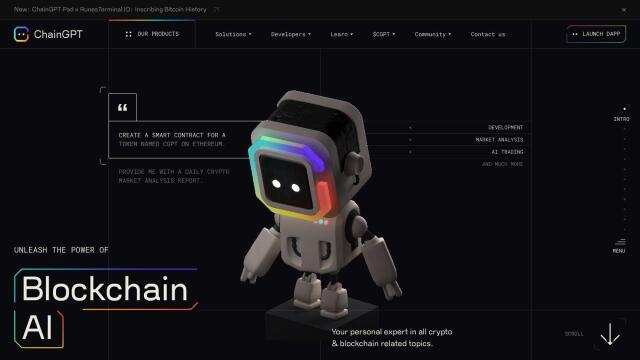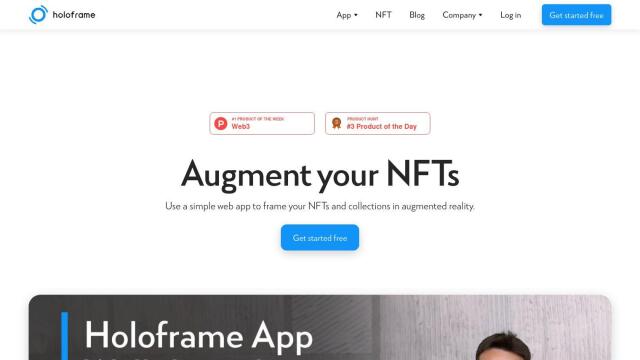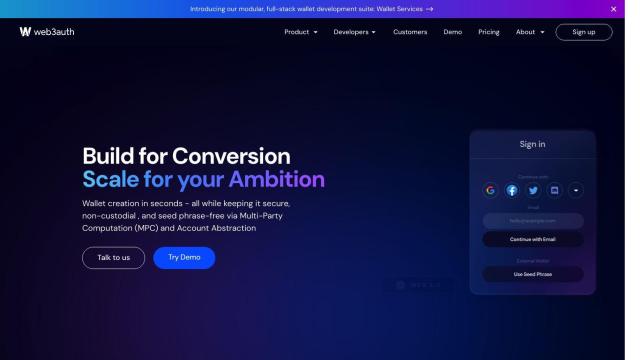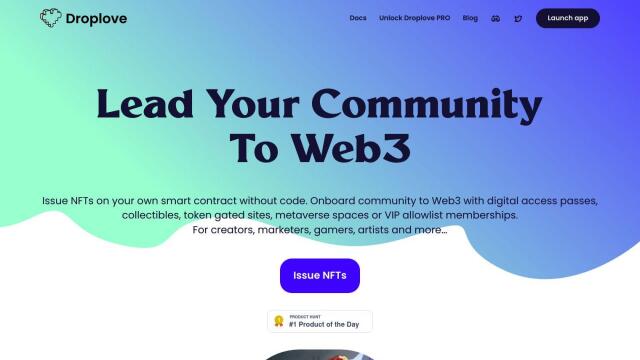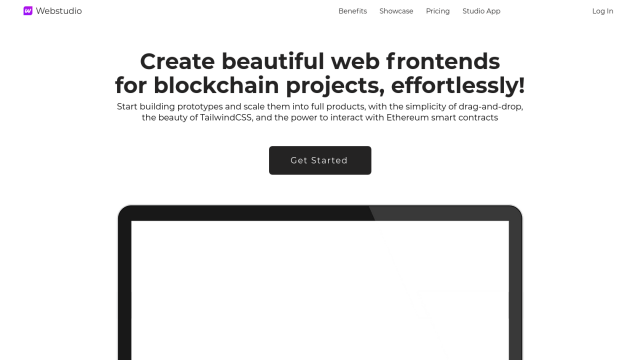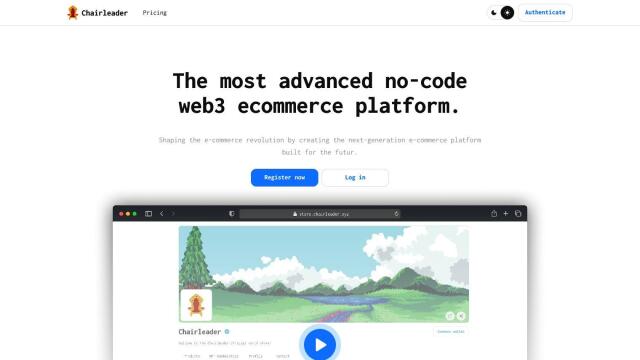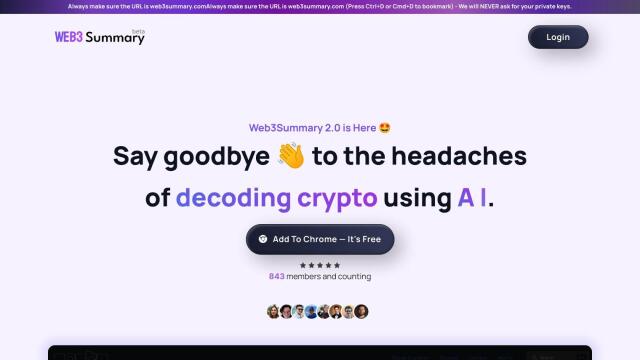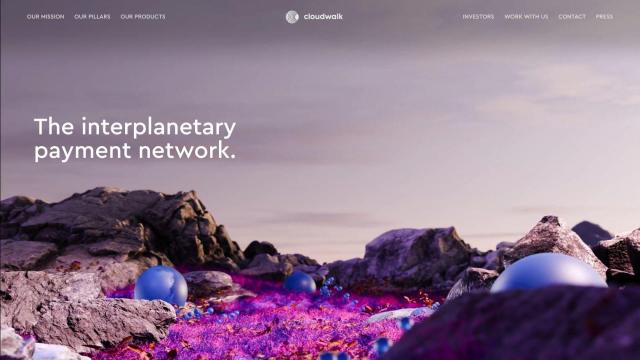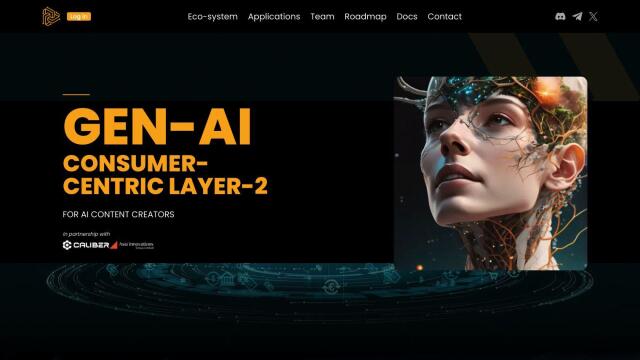
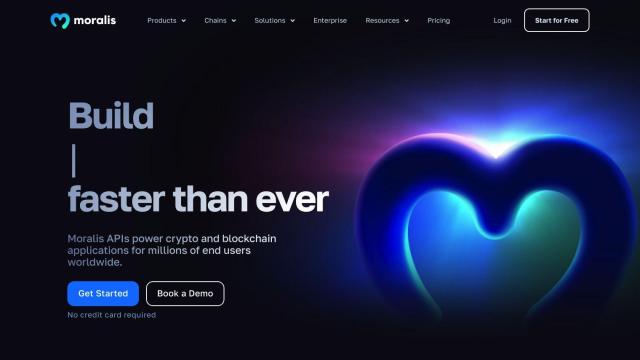
Moralis
If you're looking for another HyperMint alternative, Moralis is worth a look. It provides a range of Web3 APIs for enterprise use, giving you direct access to blockchain data across multiple chains, real time market data and node management. The APIs are designed to speed up development and cut costs, so they're good for dapp development, Web3 wallets, market data analysis and other tasks. With support for cross-chain NFT transfers, live token prices and high-precision blockchain data, Moralis can help you build fast and scalable applications.

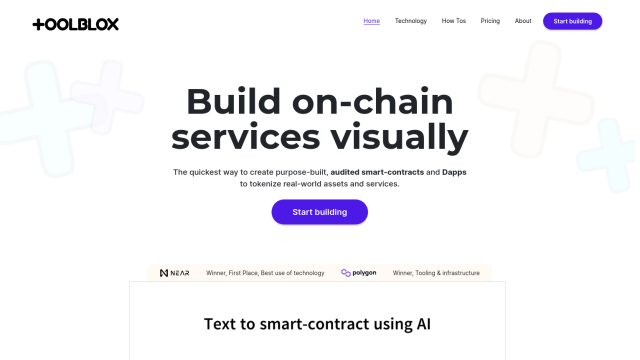
Toolblox
Another option is Toolblox, a no-code service for creating on-chain services. It lets you create smart contracts and decentralized applications (DApps) without writing any code, which makes it a good option for founders, agencies and businesses that want to tokenize real-world assets and services. Toolblox has a visual interface for defining asset lifecycles, integrates with Bubble, and exposes APIs and DApp widgets, so it's good for a variety of use cases, including supply chain management, collectibles and art.

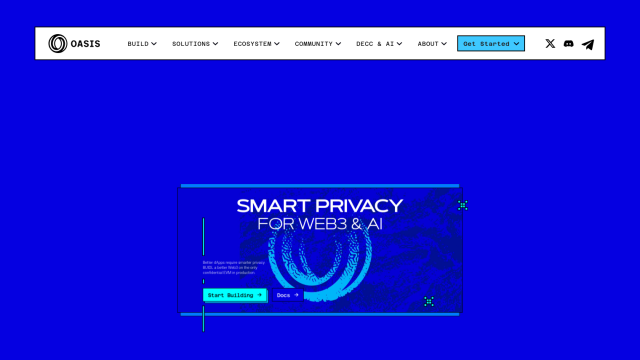
Oasis
If you're looking for something more private, Oasis offers a scalable and private foundation for Web3 and AI. Its features include a confidential Ethereum Virtual Machine (EVM) and a modular design that separates consensus and compute layers, which means high throughput and low gas fees. It's particularly good for decentralized AI, DeFi, gaming and NFTs, so it's a good option for anyone who wants to build private decentralized apps.

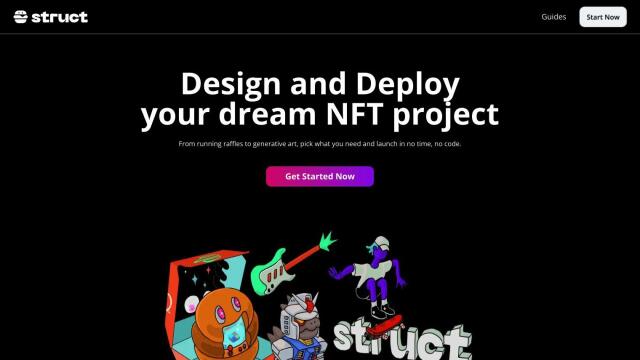
Struct
Last is Struct, which is designed to make NFT projects easy to create and deploy for anyone. It's got tools like an Art Generator and Raffle Creator, and you can deploy and mint smart contracts with a single click. Struct supports decentralized storage with IPFS-backed metadata and storage integration, and it'll add support for Ordinal Inscription in the future. It's good for individuals and teams that want to create and manage NFTs without having to write any code.

